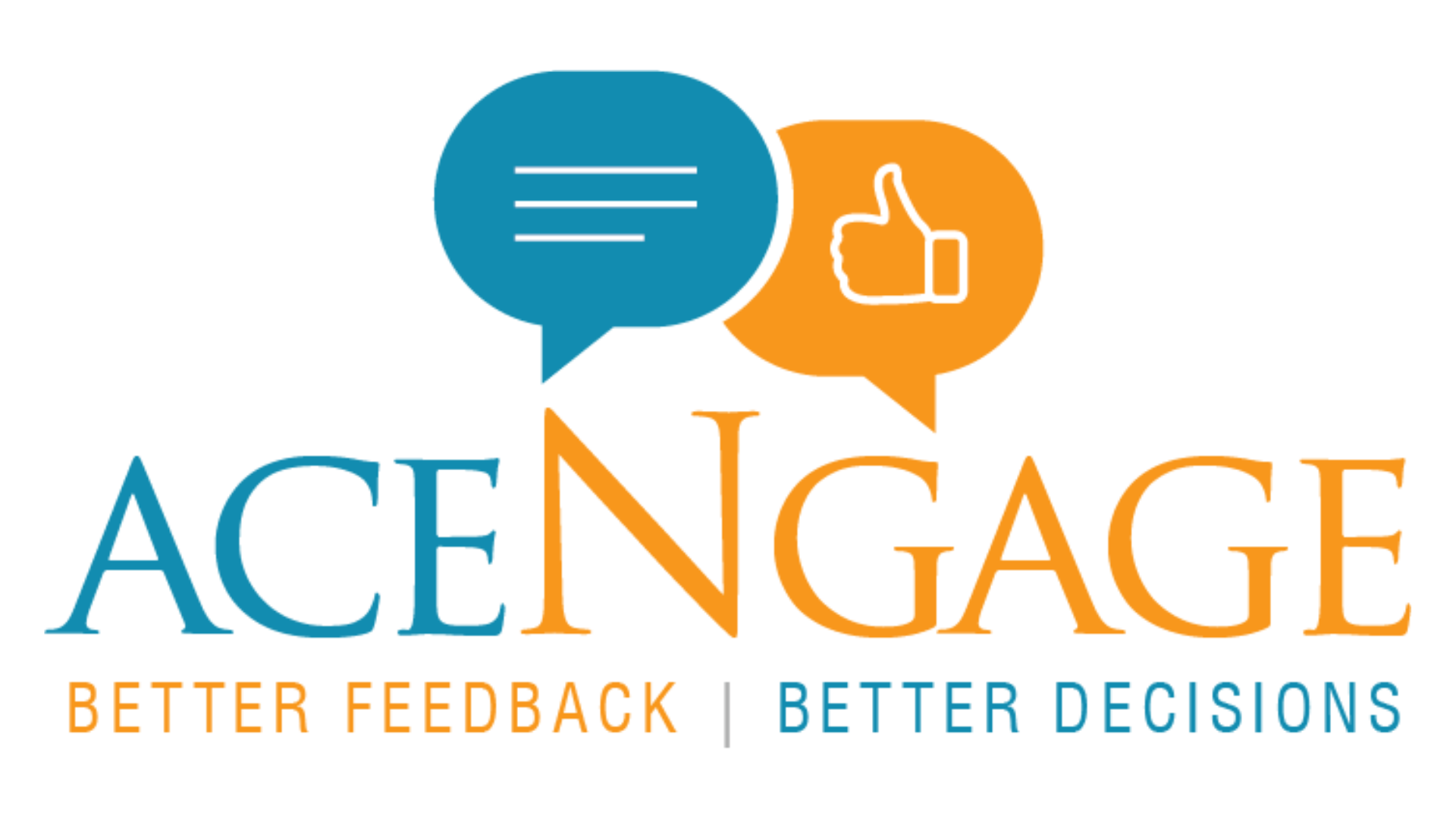[vc_row row_type=”row” text_align=”left”][vc_column][vc_row_inner][vc_column_inner][vc_column_text]Inclusive company cultures are not just a moral imperative; they are a strategic advantage. Diversity fosters innovation, and inclusion ensures that everyone’s voice is heard.
Company culture plays a pivotal role in shaping organizational success by influencing employee behavior, decision-making processes, and overall work atmosphere. Inclusivity within company culture is particularly vital, contributing to employee satisfaction, productivity, and long-term success. This article focuses on the importance of building inclusive environments, especially for women, in today’s dynamic corporate landscape.[/vc_column_text][ultimate_spacer height=”30″ height_on_tabs=”25″ height_on_mob_landscape=”20″][vc_single_image image=”11836″ img_size=”full”][ultimate_spacer height=”30″ height_on_tabs=”25″ height_on_mob_landscape=”20″][vc_column_text]
Understanding Company Culture
Company culture is a composite of shared values, beliefs, and practices defining an organization. Components such as leadership styles, communication norms, and employee interactions are crucial for aligning culture with organizational goals. The impact of a positive company culture on employee performance is direct, fostering engagement, motivation, and productivity.
According to a study by McKinsey, companies in the top quartile for gender diversity are 25% more likely to have above-average profitability than companies in the bottom quartile.[/vc_column_text][/vc_column_inner][/vc_row_inner][ultimate_spacer height=”30″ height_on_tabs=”25″ height_on_mob_landscape=”20″][vc_column_text]
Challenges Faced by Women in the Workplace
Persistent gender disparities, ranging from pay gaps to limited career advancement opportunities, hinder women’s professional growth. Overcoming stereotypes and biases demands a concerted effort to challenge ingrained perceptions.
- Gender Disparities: Women encounter persistent gender disparities, including pay gaps and limited career advancement opportunities, hindering their professional growth.
- Overcoming Stereotypes and Biases: Overcoming ingrained stereotypes and biases requires a concerted effort to challenge and change perceptions, fostering an inclusive workplace.
- Advocating Equal Opportunities: Leadership commitment is crucial for advocating equal opportunities, from hiring processes to promotions, breaking down gender barriers.
- Creating a Supportive Environment: Building an inclusive environment involves creating a workplace that supports and empowers women, fostering a sense of belonging.
[/vc_column_text][ultimate_spacer height=”20″][vc_row_inner][vc_column_inner][vc_column_text]
Building Inclusive Environments
Leadership commitment to diversity and inclusion sets the tone for the entire organization. Ensuring equality in opportunities, from hiring to promotions, is essential for breaking down gender barriers.
The World Economic Forum’s Global Gender Gap Report indicates that, at the current pace, it will take another 108 years to close the gender gap in economic participation and opportunity.
[/vc_column_text][ultimate_spacer height=”20″][vc_column_text]
Nurturing Diversity and Inclusion
Employee resource groups focused on women provide a platform for support, mentorship, and networking, fostering a sense of community and empowerment. Training programs addressing unconscious bias and promoting inclusivity transform workplace dynamics.
Research from Catalyst found that companies with more women in leadership roles experience higher financial performance, with a 53% higher return on equity.[/vc_column_text][ultimate_spacer height=”20″][vc_column_text]
Benefits of Inclusive Company Culture
Diverse teams enhance creativity and innovation, fostering the free exchange of ideas. Inclusive environments contribute to higher employee satisfaction and improved retention rates.
Fostering a culture of diversity and inclusion yields numerous benefits for organizations. Diverse teams not only enhance creativity and innovation but also encourage a free exchange of ideas within an inclusive environment. This inclusivity extends to improved employee satisfaction, resulting in higher retention rates and contributing to overall organizational success. Furthermore, inclusivity fosters teamwork and collaboration, leveraging diverse perspectives to effectively solve challenges and drive innovation. Ultimately, a company that embraces an inclusive culture gains a strategic advantage, positively impacting not only employee satisfaction but also fostering a creative and innovative environment that propels the organization forward.[/vc_column_text][ultimate_spacer height=”20″][vc_column_text]
Future Trends in Company Culture
Exploring emerging trends in inclusivity ensures organizations stay ahead in fostering positive work environments, with technology playing a pivotal role.
- Exploring Emerging Trends: Staying ahead in fostering positive work environments involves exploring emerging trends in inclusivity, adapting to the evolving needs of the workforce.
- Technology’s Role: Technology plays a pivotal role in shaping modern company culture, influencing how organizations approach inclusivity, especially with remote work solutions and digital communication platforms.
- Adapting to Change: Adapting to evolving concepts in company culture ensures organizations remain resilient and forward-thinking in creating positive workplaces.
- Flexibility and Remote Work: Embracing flexibility and remote work trends contributes to a more inclusive culture, accommodating diverse work styles and preferences.
[/vc_column_text][ultimate_spacer height=”20″][vc_single_image image=”11842″ img_size=”full”][ultimate_spacer height=”20″][vc_column_text]
Real-Life Examples:
- Salesforce, under CEO Marc Benioff’s leadership, conducted a comprehensive pay equity review and invested $3 million to address any discrepancies. This commitment to equal pay has set a precedent for other companies.
- IBM’s “Women in Technology” initiative focuses on increasing the representation of women in technical roles. Through mentorship programs and targeted recruitment, IBM aims to create a more inclusive tech industry.
- The #ShareTheMicInCyber campaign, initiated by cybersecurity professionals, temporarily handed over their social media accounts to women of color to amplify their voices in a male-dominated industry, demonstrating the power of allyship in promoting inclusivity.
- The success story of Mary Barra, CEO of General Motors, serves as inspiration. Starting as an intern, she shattered the glass ceiling to become the first female CEO of a major global automaker, showcasing the potential for women to excel in leadership roles.
[/vc_column_text][ultimate_spacer height=”20″][vc_column_text]
Creating a Roadmap for Positive Change
Developing long-term strategies and embracing a mindset of continuous improvement ensures inclusivity becomes an integral part of the company’s identity.[/vc_column_text][ultimate_spacer height=”20″][vc_column_text]
Conclusion
“The true measure of an inclusive workplace lies in the sense of belonging felt by every employee, irrespective of gender.”
Company culture, particularly in fostering inclusivity for women, is a strategic advantage positively impacting employee satisfaction, creativity, and innovation. Embracing inclusivity contributes to a workplace that is not only diverse but also resilient and forward-thinking.[/vc_column_text][/vc_column_inner][/vc_row_inner][ultimate_spacer height=”20″][vc_row_inner][vc_column_inner][ultimate_spacer height=”20″][ultimate_spacer height=”20″][/vc_column_inner][/vc_row_inner][vc_row_inner][vc_column_inner width=”1/2″][vc_column_text]
[/vc_column_text][/vc_column_inner][vc_column_inner width=”1/2″][vc_column_text]
[/vc_column_text][/vc_column_inner][/vc_row_inner][ultimate_spacer height=”40″][/vc_column][/vc_row][vc_row][vc_column][vc_raw_js]JTNDc2NyaXB0JTIwdHlwZSUzRCUyMmFwcGxpY2F0aW9uJTJGbGQlMkJqc29uJTIyJTNFJTBBJTdCJTBBJTIwJTIwJTIyJTQwY29udGV4dCUyMiUzQSUyMCUyMmh0dHBzJTNBJTJGJTJGc2NoZW1hLm9yZyUyMiUyQyUwQSUyMCUyMCUyMiU0MHR5cGUlMjIlM0ElMjAlMjJCbG9nUG9zdGluZyUyMiUyQyUwQSUyMCUyMCUyMm1haW5FbnRpdHlPZlBhZ2UlMjIlM0ElMjAlN0IlMEElMjAlMjAlMjAlMjAlMjIlNDB0eXBlJTIyJTNBJTIwJTIyV2ViUGFnZSUyMiUyQyUwQSUyMCUyMCUyMCUyMCUyMiU0MGlkJTIyJTNBJTIwJTIyaHR0cHMlM0ElMkYlMkZ3d3cuYWNlbmdhZ2UuY29tJTJGY29tcGFueS1jdWx0dXJlLW1hdHRlcnMtY3JlYXRpbmctaW5jbHVzaXZlLWVudmlyb25tZW50cy1mb3Itd29tZW4lMkYlMjIlMEElMjAlMjAlN0QlMkMlMEElMjAlMjAlMjJoZWFkbGluZSUyMiUzQSUyMCUyMkNPTVBBTlklMjBDVUxUVVJFJTIwTUFUVEVSUyUzQSUyMENSRUFUSU5HJTIwSU5DTFVTSVZFJTIwRU5WSVJPTk1FTlRTJTIwRk9SJTIwV09NRU4lMjIlMkMlMEElMjAlMjAlMjJpbWFnZSUyMiUzQSUyMCUyMmh0dHBzJTNBJTJGJTJGd3d3LmFjZW5nYWdlLmNvbSUyRndwLWNvbnRlbnQlMkZ1cGxvYWRzJTJGMjAyNCUyRjAyJTJGd29tZW4tYXMtbWFuYWdlcnMucG5nJTIyJTJDJTIwJTIwJTBBJTIwJTIwJTIyYXV0aG9yJTIyJTNBJTIwJTdCJTBBJTIwJTIwJTIwJTIwJTIyJTQwdHlwZSUyMiUzQSUyMCUyMk9yZ2FuaXphdGlvbiUyMiUyQyUwQSUyMCUyMCUyMCUyMCUyMm5hbWUlMjIlM0ElMjAlMjJBY2VuZ2FnZSUyMiUyQyUwQSUyMCUyMCUyMCUyMCUyMnVybCUyMiUzQSUyMCUyMmh0dHBzJTNBJTJGJTJGd3d3LmFjZW5nYWdlLmNvbSUyRiUyMiUwQSUyMCUyMCU3RCUyQyUyMCUyMCUwQSUyMCUyMCUyMnB1Ymxpc2hlciUyMiUzQSUyMCU3QiUwQSUyMCUyMCUyMCUyMCUyMiU0MHR5cGUlMjIlM0ElMjAlMjJPcmdhbml6YXRpb24lMjIlMkMlMEElMjAlMjAlMjAlMjAlMjJuYW1lJTIyJTNBJTIwJTIyJTIyJTJDJTBBJTIwJTIwJTIwJTIwJTIybG9nbyUyMiUzQSUyMCU3QiUwQSUyMCUyMCUyMCUyMCUyMCUyMCUyMiU0MHR5cGUlMjIlM0ElMjAlMjJJbWFnZU9iamVjdCUyMiUyQyUwQSUyMCUyMCUyMCUyMCUyMCUyMCUyMnVybCUyMiUzQSUyMCUyMmh0dHBzJTNBJTJGJTJGd3d3LmFjZW5nYWdlLmNvbSUyRndwLWNvbnRlbnQlMkZ1cGxvYWRzJTJGMjAyMSUyRjExJTJGYWNlbmdhZ2UtbG9nby5wbmclMjIlMEElMjAlMjAlMjAlMjAlN0QlMEElMjAlMjAlN0QlMkMlMEElMjAlMjAlMjJkYXRlUHVibGlzaGVkJTIyJTNBJTIwJTIyMjAyNC0wMi0wNiUyMiUwQSU3RCUwQSUzQyUyRnNjcmlwdCUzRSUwQQ==[/vc_raw_js][/vc_column][/vc_row]







